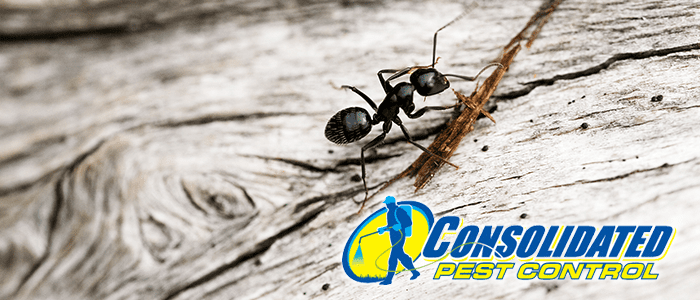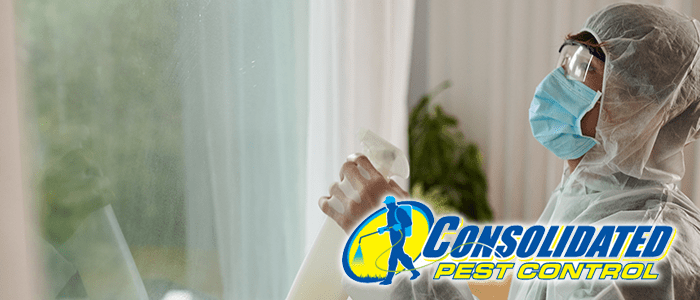The name “carpet beetle” covers a broad range of beetles, many of which are capable of wreaking havoc in a home. Identification can be a bit confusing due to the pronounced difference between adult and larval stages.
- Carpet beetles, also known as hide beetles, larder beetles or leather beetles, all belong to the family dermestidae. There are several hundred species worldwide, only some of which live in North America. Adults have round oval shaped bodies covered in small scales. They are about 1/8th to 1/4 inch long and come in various coloration. Most feed on plant and/or animal materials at some stage or another in their development. Some are used by taxidermists to strip flesh from bones. This is precisely what makes them problematic for homes and museums. They eat (usually during the larval stage) any organic material, with different species targeting either plant or animal products. Anything made of silk, cotton, linen, wool, leather or any other natural fiber is potentially at risk. Many a wedding dress, heirloom quilt and mounted deer head have fallen prey to dermestid beetles.
- Infestations can be identified by the presence of adult beetles or the larval stage. Larva are of comparable length to adults and look like small, hairy grubs. Other evidence is “grazed” surfaces, which are damaged from feeding, fecal pellets and husk remains from various stages of development.
- When an infestation is discovered, it can be readily dealt with if small. Placing the affected items in a freezer for a few months will destroy any eggs that are present. For larger infestations a qualified exterminator should be consulted. One of the best approaches to dealing with carpet beetles is prevention. Basic routine housekeeping does wonders to keep these pests away from your home. Vacuum packing clothing made of natural fibers when stored for the long term helps. Taxidermy should be kept in an area of low humidity and ideally low heat as well.
Should you encounter evidence of carpet beetles or any other dermestids, don’t wait for the problem to get worse. Contact Consolidated Pest Control right away to discuss the nature of the problem and get expert advising. These insects are bad news for your home. We’re bad news for them.








